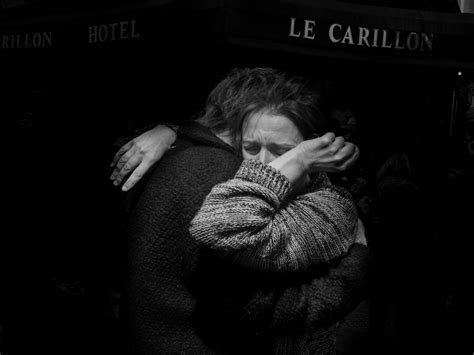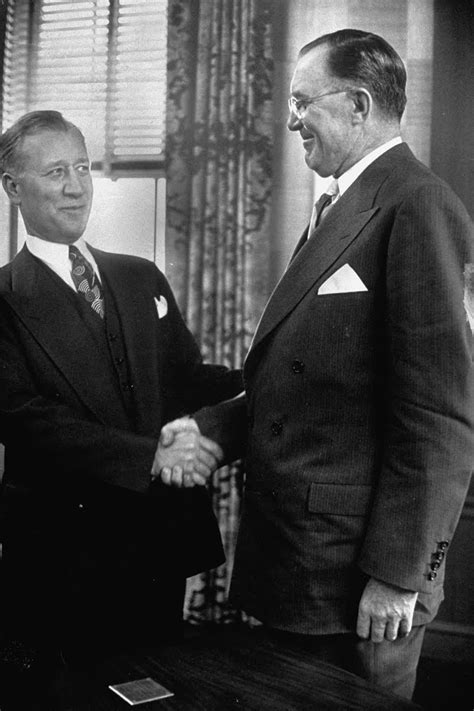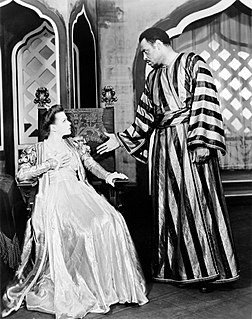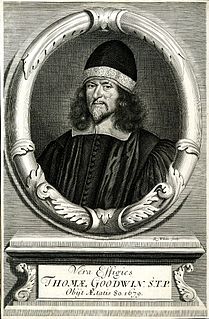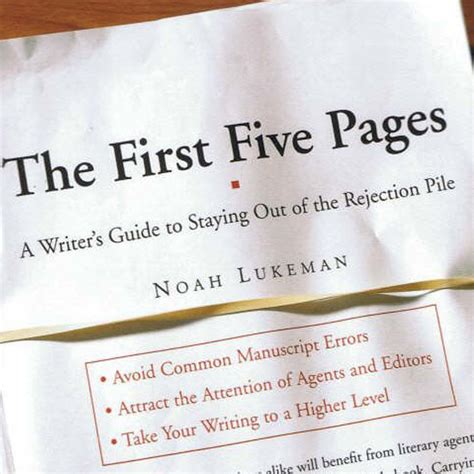A Quote by Alex Majoli
We should think of a photographer as a Samurai who makes rituals, moves and gestures in order to develop his techniques and his instinct.
Related Quotes
It is essential for the photographer to know the effect of his lenses. The lens is his eye, and it makes or ruins his pictures. A feeling for composition is a great asset. I think it is very much a matter of instinct. It can perhaps be developed, but I doubt if it can be learned. To achieve his best work, the young photographer must discover what really excites him visually. He must discover his own world.
One view of photography is that it is a zen-like act which captures reality with its pants down - so that the vital click shows the anatomy bare. In this, the photographer is invisible but essential. A computer releasing the shutter would always miss the special moment that the human sensibility can register. For this work, the photographer's instinct is his aid, his personality a hindrance.
The fruit does not come from the outside, the fruit is created within you. Whatever you do, you develop receptivity for it inside yourself. Someone who wants love should give his love. Someone who wants bliss should start sharing his bliss. Someone who wants flowers to shower in his home should shower flowers in other people's homes. There is no other way. So compassion is an emotion that each person has to develop in order to enter into meditation.
We need from every man who aspires to leadership-for himself
and his company-a determination to undertake a personal
program of self-development. Nobody is going to order a man
to develop .... Whether a man lags behind or moves ahead in
his specialty is a matter of his own personal application. This is something which takes time, work, and sacrifice. Nobody can do
it for you.
I think that the photographer must completely control his picture and bring to it all his personality, and in this area most photographs never transcend being just snapshots. When a great photographer does infuse the snapshot with his personality and vision, it can be transformed into something truly moving and beautiful.
The more he identifies with the dominant images of need, the less he understands his own life and his own desires. The spectacle’s estrangement from the acting subject is expressed by the fact that the individual’s gestures are no longer his own; they are the gestures of someone else who represents them to him.
Originality cannot be a goal. It is simply inevitable. The truly pathbreaking step can never be predicted, and certainly not by the person who makes it at the time he makes it. He clears as he goes, evolves his own techniques, devises his own tools, ignores where he must. And his path cannot be retraced, because each of us is an original being.
The actor must know that since he, himself, is the instrument, he must play on it to serve the character with the same effortless dexterity with which the violinist makes music on his. Just because he doesn't look like a violin is no reason to assume his techniques should be thought of as less difficult.
In order to even begin to learn how to play his instrument, it takes the guitarist weeks to build calluses on his fingertips; it takes the saxophonist months to strengthen his lip so that he might play his instrument for only a five-minute stretch; it can take the pianist years to develop dual hand and multiple finger coordination. Why do writers assume they can just “write” with no training whatsoever-and then expect, on their first attempt, to be published internationally? What makes them think they're so much inherently greater, need so much less training than any other artists?
The photographer's most important and likewise most difficult task is not learning to manage his camera, or to develop, or to print. It is learning to see photographically — that is, learning to see his subject matter in terms of the capacities of his tools and processes, so that he can instantaneously translate the elements and values in a scene before him into the photograph he wants to make.
We should not laugh at the person who becoming caught up in his prayer bends his body or moves about in strange ways. Perhaps he moves in this manner to wave off unwelcome thoughts that would interrupt the prayer. Would we find it funny if we saw a person drowning going through strange motions doing whatever was necessary to save his life?
